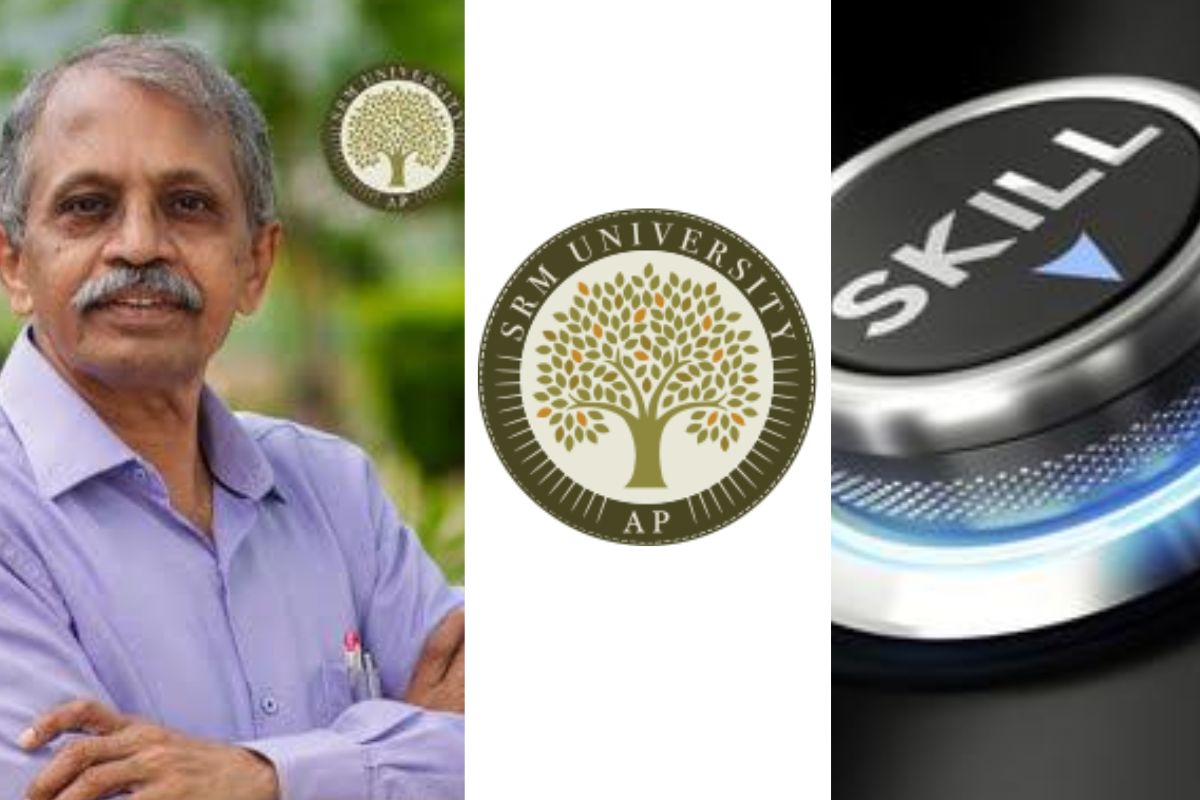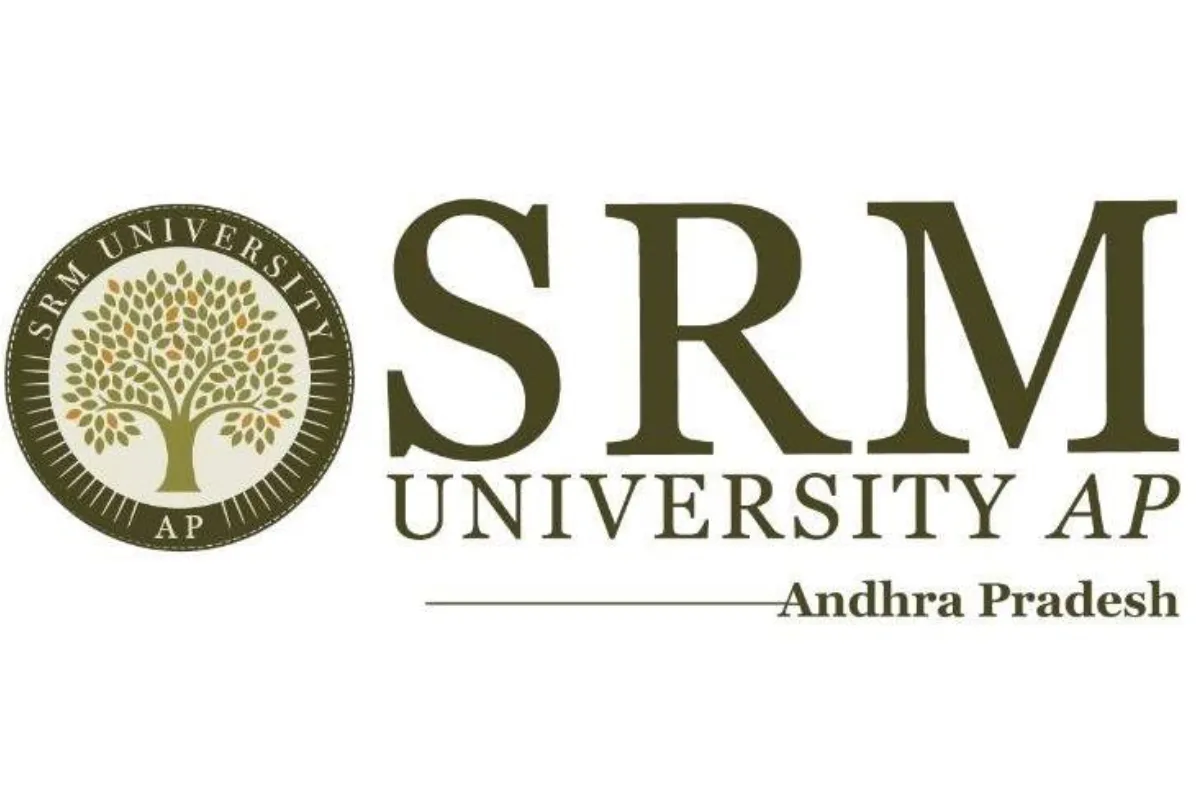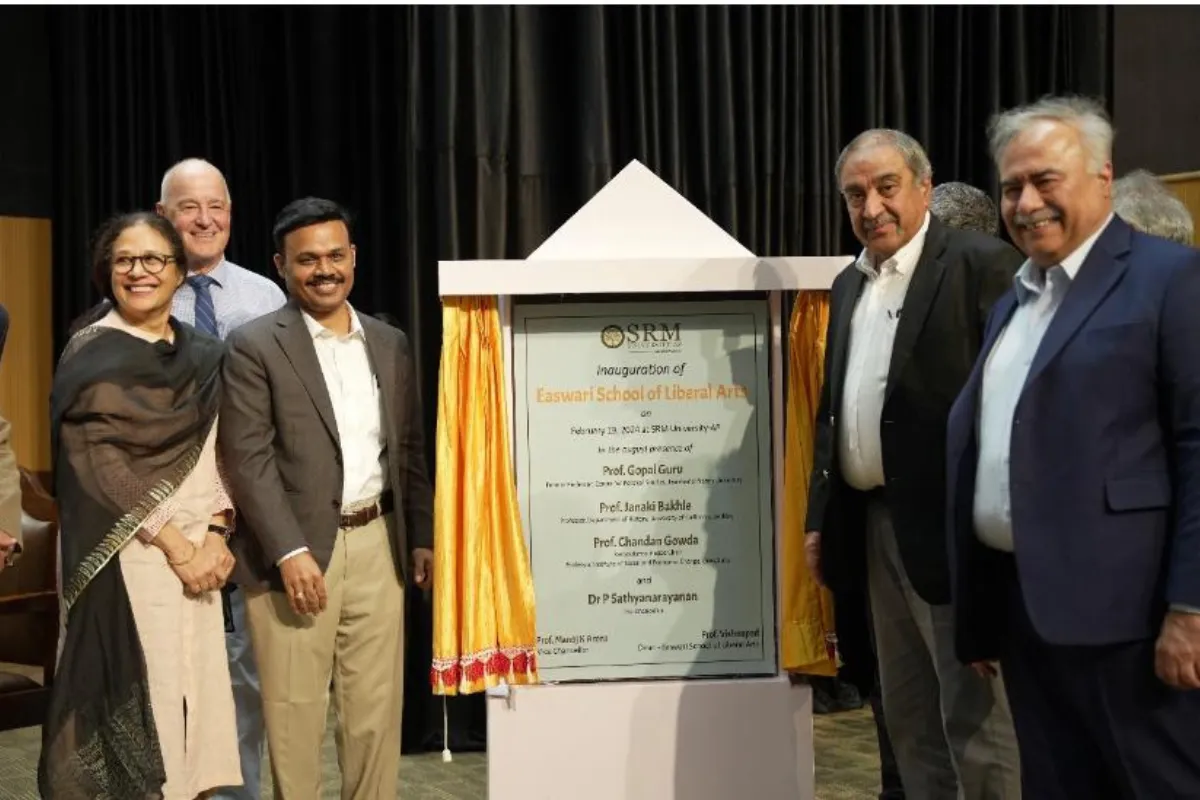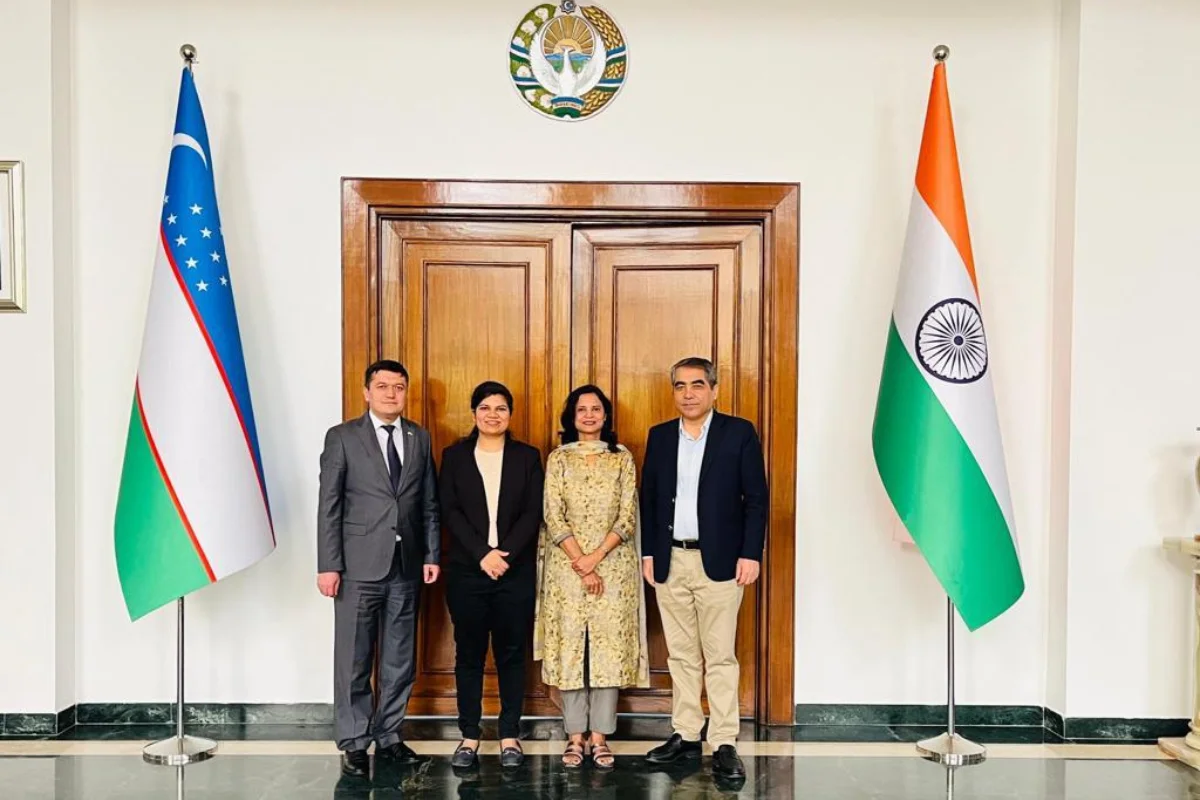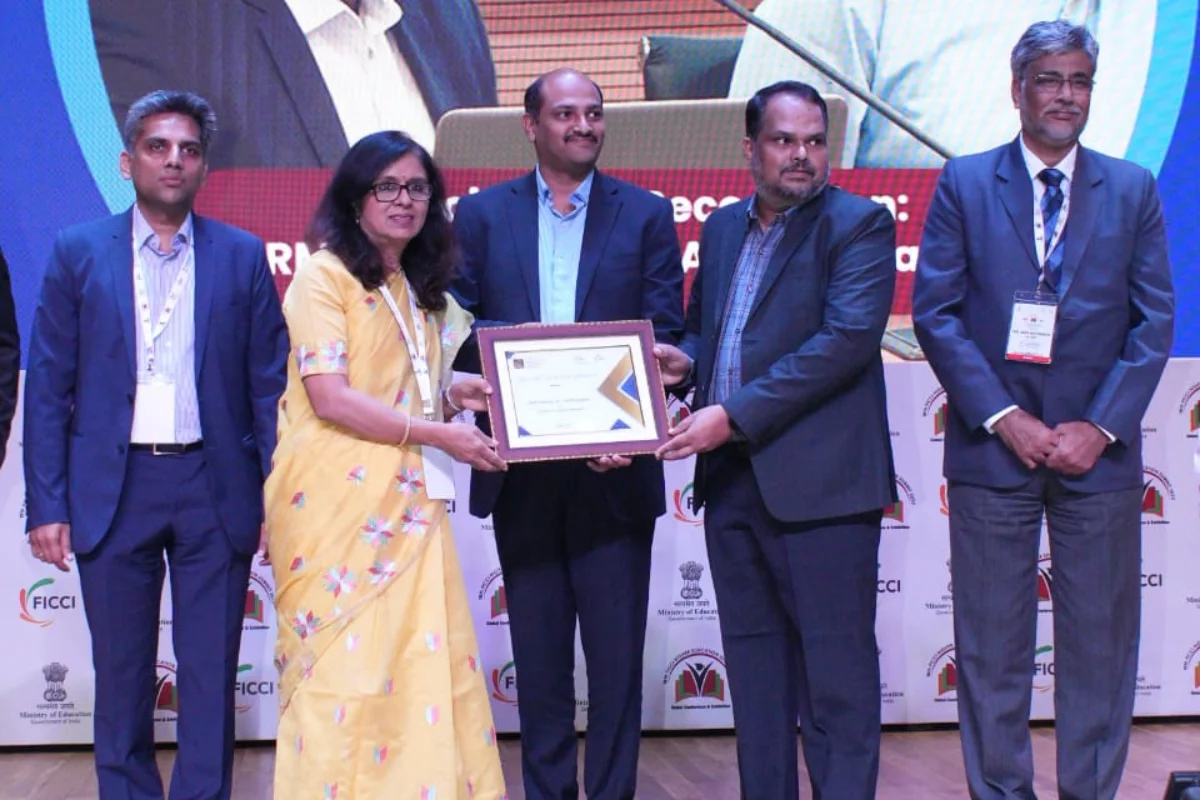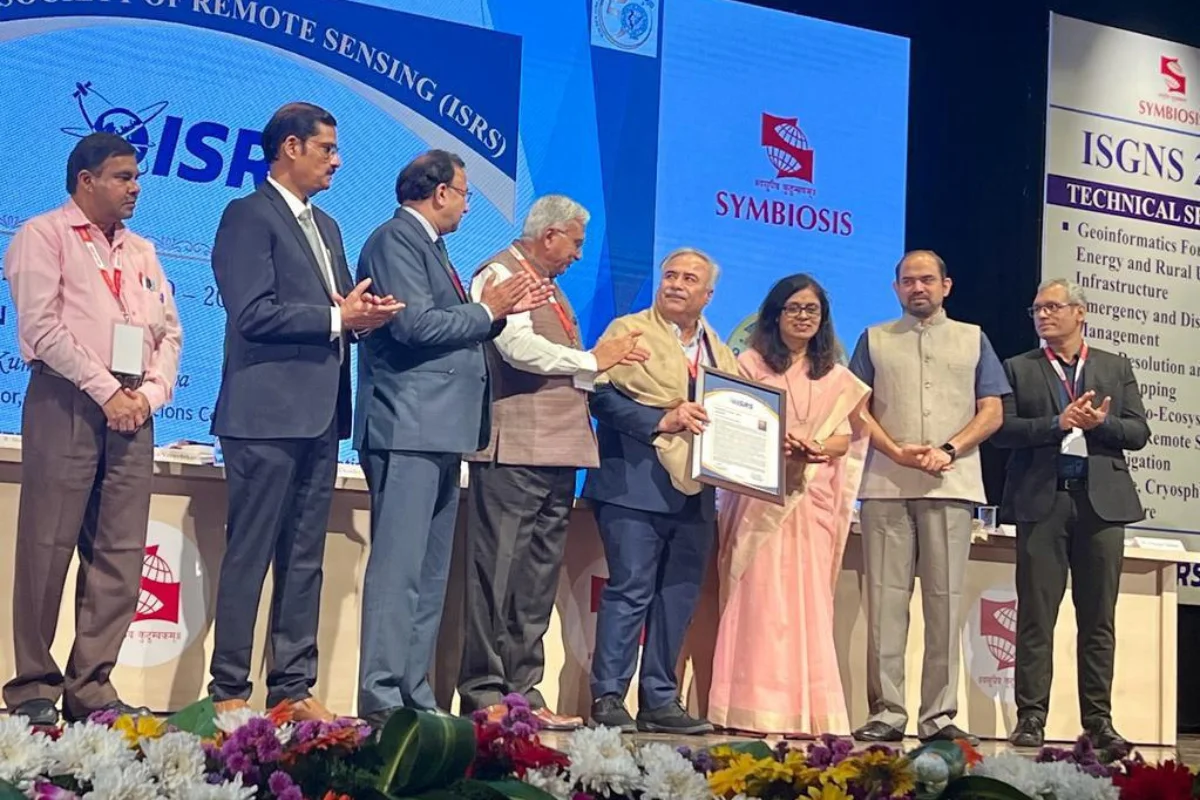In today’s world, where enormous levels of audio-visual data are fed to unlimited levels, it disables the person from taking correct decisions at the right time since a higher proportion of the information with its inherent diversity (than what is needed and desirable) brings distortions in recognizing different features, resulting in a loss of ability to differentiate the acts of “experience,”, “experience,” and “expertise.” This leads one to believe that he or she has expertise even in those aspects or topics where he or she has just exposure (simply by knowing the buzz words) or exposure with some experience (having some awareness). The hierarchy is in the direction that exposure is essential to gain experience, and both of these are essential in abundance to becoming an expert. Thus, simple exposure or even experience does not make one an expert. If one is clear regarding all these and is able to differentiate each one of them from the others, the individual will be able to execute success in their career in a logical, planned, and prepared manner. Though the views expressed in this article are concerned with everyone, to make it more readable and understandable, the examples were drawn from the purview of the higher education system. The article is further targeted to prepare the stakeholders in higher education, viz., students and faculty, to face the real world in using these terminologies effectively and logically, since all these terms will have a direct consequence on their professional careers. Thus, the article has been designed to combat this confusion and come out with a clearer picture in the minds of all concerned. Exposure: “Exposure”, at least in part, is an act in which one is not necessarily directly involved in the activity, but due to the prevailing circumstances, one may get exposed. This will certainly have some impact on the individual, but that will be primarily superficial. However, when such exposure continues for a longer period, it will have its influence either in imbibing that quality or feature in part or in expressing such acts, both through known and unknown means. This means the person who is constantly exposed to such information will turn out to be the one with more awareness of that aspect, whether the exposure is by chance or by design. In such a case, one should not claim to be an expert just based on the exposure, even if the exposure is for a little longer period. This is why most of today’s youth claim that they are experts in what they were exposed to and get disappointed when they are not given enough importance or opportunity based on that aspect. To bring clarity to this, let us look at the following example from a higher education point of view: In higher technical educational institutions, the students of science get exposed to engineering and/or technology-based components through a few elective courses, and this prepares them with a better awareness of such subjects but does not make them experts. Also true is that engineers gain better awareness of the utility of science in their endeavors, even though they are not experts in driving science research. Like this, one can cite numerous analogies and examples just from higher educational settings.
So, it is utmost important to be able to differentiate simple exposure to a certain topic or subject from that of being an expert in the same. This is true even in other sectors. This may be analyzed as follows: Due to the easy accessibility of audio and video types of information in almost all types of subject matters through the usage of easily accessible mobiles, one tends to feel that they are experts in each of the aspects that they have browsed, surfed, or are familiar with. Most often, such browsing will only have a momentary effect and not a permanent one since the purpose of such browsing is either time-pass or entertainment or a quick check to clarify some doubt, and frequently not much for educational or training purposes. At most, such exposure leaves the person familiar with some buzz words but certainly not their actions or the skills required to claim to be an experienced person or an expert in that. Often, familiarity with such buzz words makes the individual feel and even claim that they are experts in that area. Such false confidence lands the individual in trouble when he or she particularly interacts with the experts or expert panel in a formal manner, e.g., in an interview-based selection. Additionally, using the features of artificial intelligence (AI), the search engines identify what the person has been interested in (based on their browsing) and feed him or her with more and more of such information and data. That means, in one sense, the AI smartly exploits the weakness of a person and pushes him or her in the direction of receiving tons of information that may result in confusing the individual.
This seems to be the main cause for any individual (immaterial of the field or sector) to lose the ability to differentiate these terms, viz., “exposure”, “experience” and “expertise”. On the other hand, if the AI realizes the weakness of a person and compliments him with the remedies to heal, i.e., if the AI functions as natural intelligence (NI), that will benefit society at large. If all these aspects are realized, the individual will compliment his or her deficiency and make him or her better prepared rather than getting disappointed or depressed. Experience: One way to describe the experience would be “feel about it”. In the context of higher education, this could be equated to the feelings and knowledge gained by going through either a theory-based or a practical exposure-based or practice-based course, or both. Experience will have a deeper impact when it is received through the practical mode, wherein hands-on training is given greater importance. This is certainly a step ahead when compared to simple exposure, awareness, or even the experience received through a theory-based act. To gain experience, one should directly do it, feel it, learn the tactics associated with it (skill development), and then experience it. So, to turn simple exposure and awareness into experience, in higher educational settings, the student should supplement his or her theory knowledge by taking a practical-based component, a hands-on experience, or a relevant project to work on. All this is to gain enough experience, which is an essential pre-step to becoming an expert. Besides being a pre-step to becoming an expert, “experience” is an important component in one’s career, as the same will boost the confidence levels of an individual when venturing to take on new tasks or challenges. The following example would further clarify this: Certainly, a candidate who has a Master’s degree in Chemistry with an organic chemistry specialization and even a Ph.D. degree in the organic chemistry domain would not be an expert to teach inorganic chemistry in a higher educational system at the Masters’ level or even to supervise inorganic chemistry-based master’s and doctoral projects. This is just an example from the higher education system; however, the analogy is valid in every such situation and, therefore, is not limited to the higher education system.
Such a simplistic example is sufficient to recognize the importance of these terms in various sectors at various levels and in the execution of the same. Expertise: Having gone through the roles and limitations of “exposure” and “experience” to the extent desired for the present context (the context of the higher education system), it is believed that one would have gained confidence and clarity to differentiate these terms from what expertise means and what the role of an expert is. Undoubtedly, the pre-requisite to becoming an expert is that one should have both “exposure” and “experience” in abundance and even beyond in that subject area or topic. All this prepares an individual to become an expert in that chosen subject area. That means, even by gaining simple experience, one would not turn out to be an expert unless one has taken up several such tasks and challenges in the past, executed those successfully, and gained enough confidence to take up further challenges in that direction. Otherwise, all that one claims in this regard will be simply “experience” and not “expertise”. It is of utmost importance that an individual can differentiate between these acts. Let us try to understand this as follows: This is like an individual going through bachelors, masters, then doctoral and postdoctoral experience before practicing their line of research and then practicing it for over several years by going through innovative approaches to solving the problems. With all this, he or she can still be labeled as a highly experienced individual or researcher rather than an expert. The approach highlighted here will equip the individual with confidence and experience to tackle any new problems that may surface while executing the tasks and be able to mentor students to achieve success. This is quite true as far as higher education and research are concerned. The experts are those who have gained enough experience and expertise and can mentor and lead the topic or project to its successful completion.
Further, an expert is also capable of providing troubleshooting when the project is stuck while arriving at a solution. This simply cannot be done by those who have just exposure to or awareness of the task or project, but demands the need for a person with the necessary skills and ability to provide remedial measures to the problems like an expert. This is another way of differentiating “expertise” from “exposure”, “experience” and even “awareness”, and thus is rather easy to differentiate in the context of the higher education system or in the research domains. Overall, the seriousness and involvement associated with each of these tasks follow that the “experience” is a more rigorous act than that of a simple “exposure”, and the “expertise” is much more deep-rooted and widespread than both of these acts and demands an individual to possess both of these components in abundance and beyond to become an expert. Thus, the hierarchy among these is as follows: “exposure” << “experience” <<<< “expertise (expert)”. This thought-provoking article is expected to act as a catalyst in enticing the students and faculty of the higher education system to be able to differentiate these three acts, viz., “exposure”, “experience” and “expertise”, since such identification has far-reaching consequences in everyone’s professional life. This can be achieved by shining light on the smooth hierarchical setup addressed in this article, simply analyzing the emerging internal reflections one by one for each such incident light without any bias, and logically combining all those output signals. All this will benefit the individual in identifying whether he or she is an expert or otherwise in a given topic, subject, or domain. Though the examples referred to here are pertinent to the higher education system, the strategy dealt with here is generic and should work all right even in all other domains as well, wherever clarity is required to differentiate an expert from the non-experts.
Contributed by DR. Chebrolu Pulla Rao, Senior Professor, Department of Chemistry, SRM University – AP
Views expressed are personal.
Keep watching our YouTube Channel ‘DNP INDIA’. Also, please subscribe and follow us on FACEBOOK, INSTAGRAM, and TWITTER


